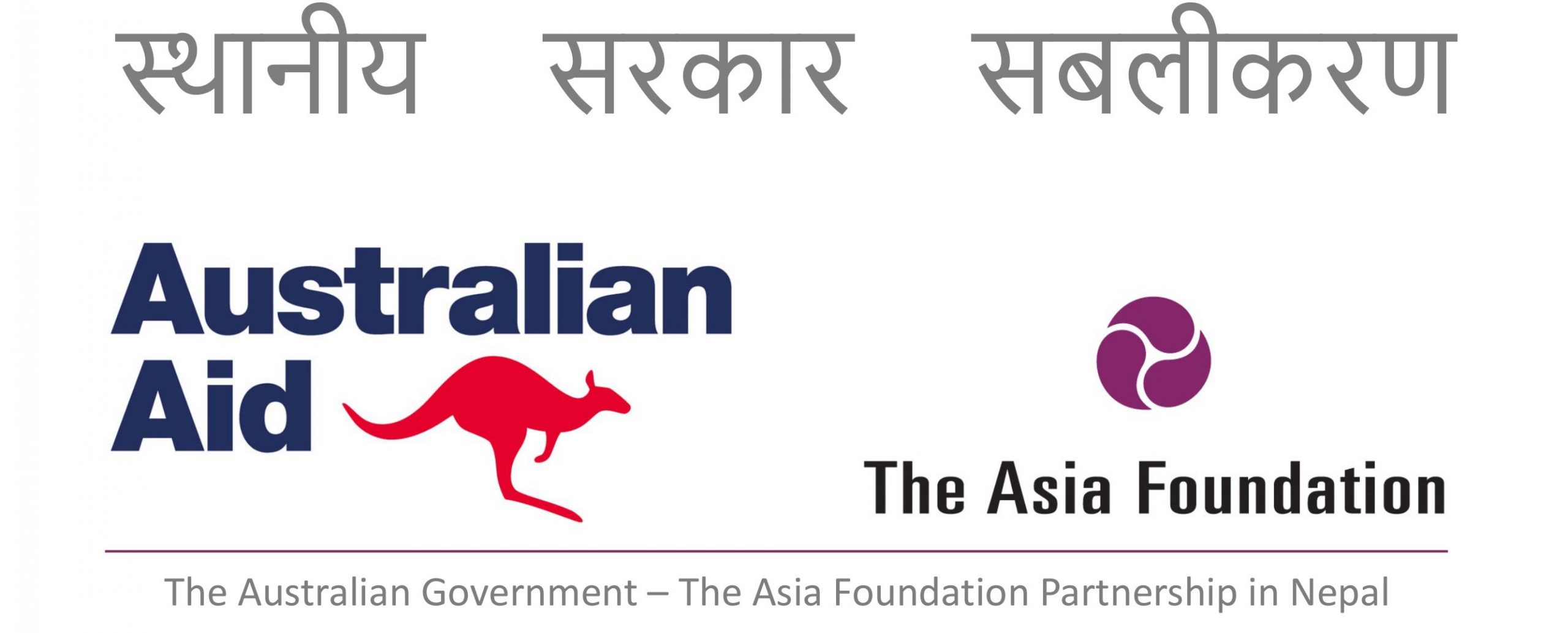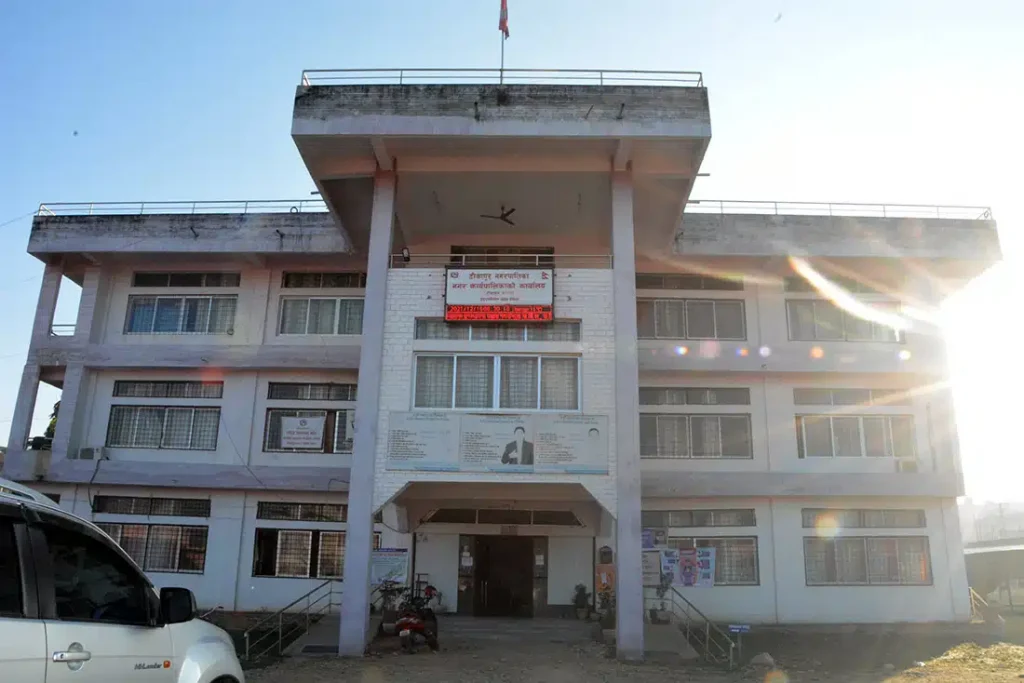Health Security
Selected local governments have more inclusive and evidence-based policies and plans toward improved access to public health services.
The Constitution 2015 mandates that local governments deliver basic services including primary healthcare services, to its citizens. After the 2017 elections, the newly elected local governments needed guiding laws and policies to manage the health sector governance. Other areas of support required included technical expertise to implement the core duties to deliver effective public and environmental health governance. Further, the Covid-19 pandemic exposed significant gaps in the governance of public health services.
To support local governments in successfully fulfilling their newly expanded health sector mandates, SNGP tailored its interventions to strengthen local public health governance in a newly federalized Nepal. Following Covid-19, the program focused on health system strengthening in a post-pandemic recovery context, recognizing that strengthening public health systems at the local level can contribute to stabilizing Nepal’s subnational government.
The program adapted its technical support to a COVID-19 management and recovery context and spanned policy development support, capacity building for elected leaders, evidence gathering, and coordination support.
The program supported its seven strategic partner municipalities to draft model laws and operating procedures on health, including the Public Health Act. In addition, SNGP conducted a landscape assessment to analyze the responsibility of local governments to manage health units. Informed by the assessment findings, the program continues to strengthen health management committees and ensure appropriate processes are in place to engage citizens in health budgeting and planning for inclusive health service delivery.
For this, the program works in the following areas:
Provide technical assistance to local governments to formulate fundamental laws and policies on health
Create platforms for different tiers of government to discuss health sector development and transformation and
Strengthen local government’s capacity to execute health mandates, policies, and plans.



